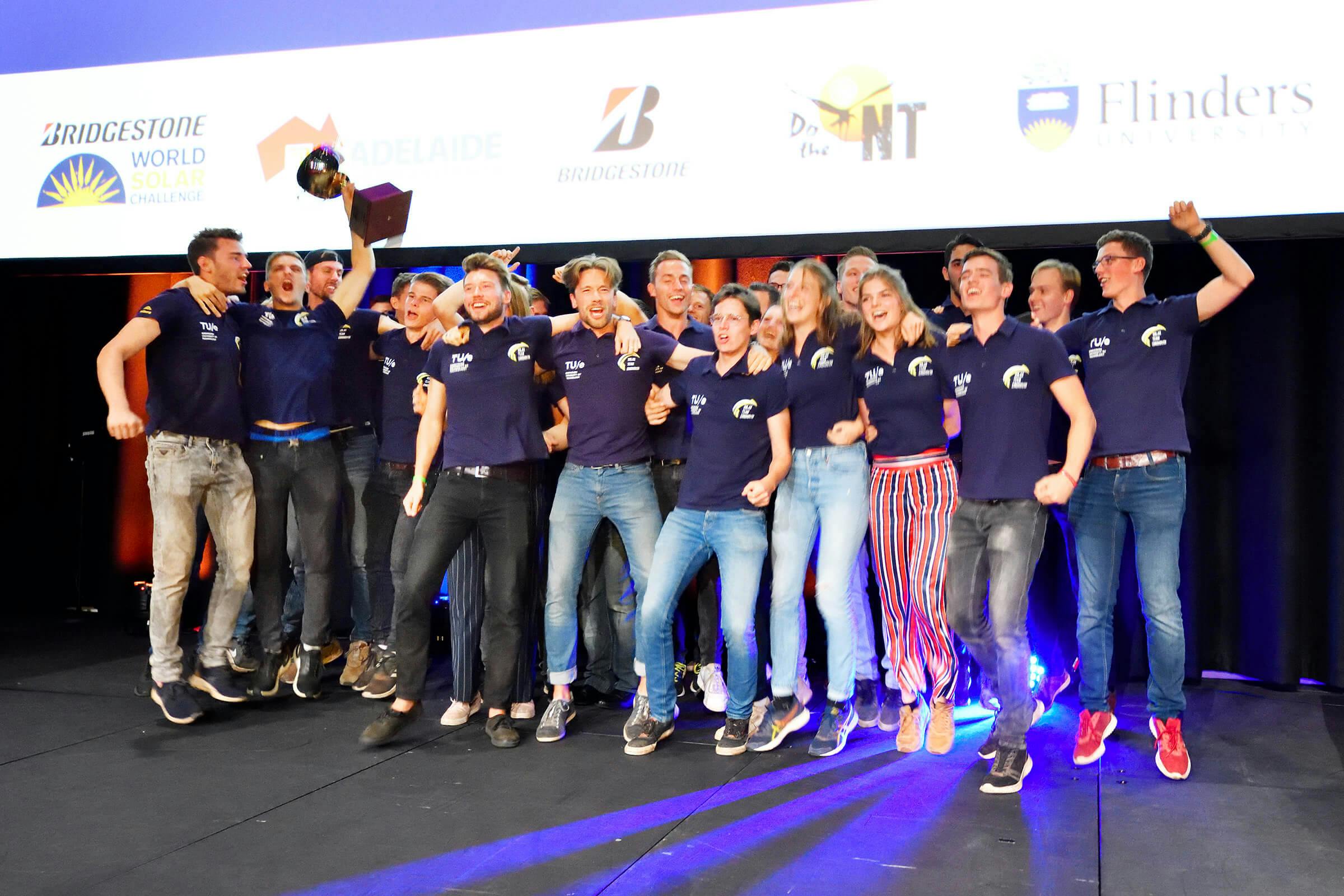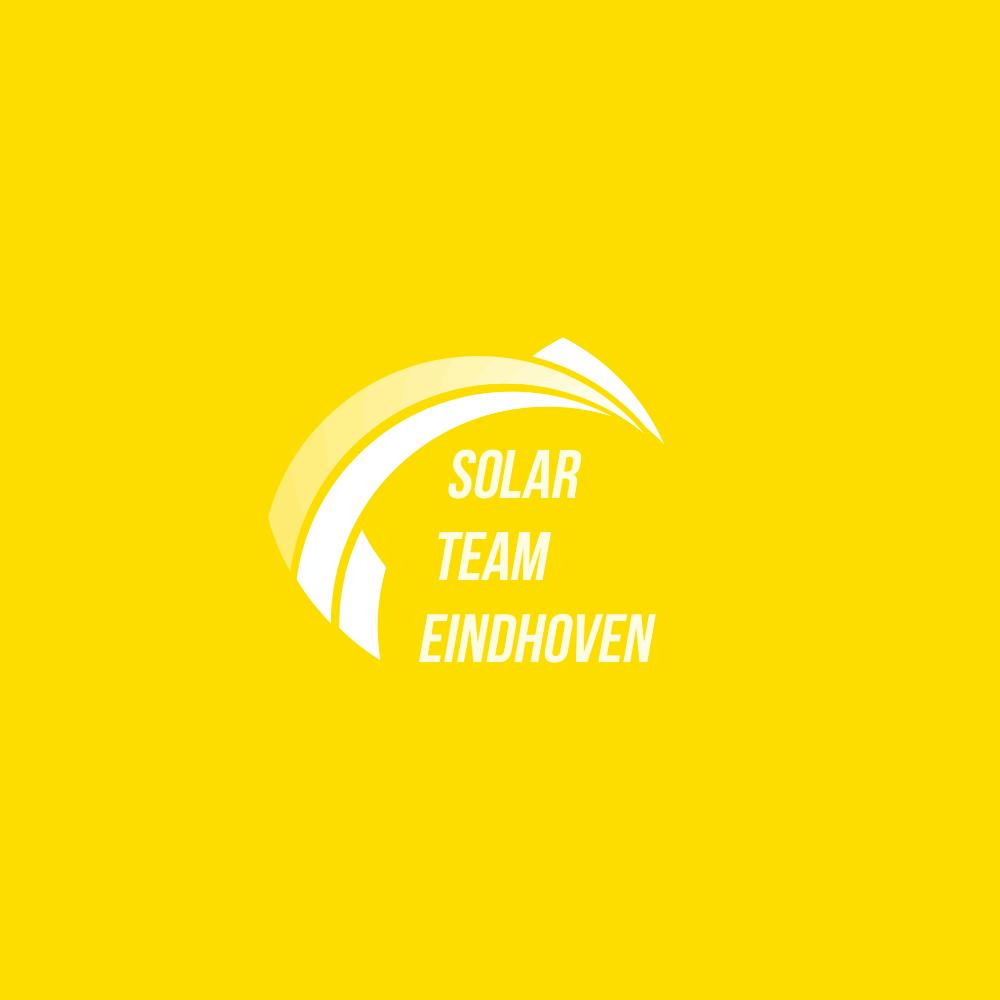Adelaide, October 20, 2019 – Solar Team Eindhoven from the Eindhoven University of Technology has won the first prize in the Cruiser Class of the Bridgestone World Solar Challenge (BWSC) for the fourth time in a row. We completed the more than 3,000-kilometer drive from Darwin to Adelaide with the highest efficiency score of all teams. Also on the assessment of the solar car by a professional jury, yesterday, we scored 93.1 points.
This makes us the consecutive winner of all editions of the Cruiser Class since it was founded in 2013. The class was introduced in 2013 to bridge the gap between the well-known World Solar Challenge and the use of cars in daily life. The new class was meant to close that gap and the innovations from the World Solar Challenge really find their way into the automotive sector. In the Cruiser Class not necessarily the fastest car wins, but the one that excels in efficiency, comfort, design and innovations.
Highest score for efficiency and innovation
We achieved a total score of 103.9 points, of which 111.7 points for efficiency and 93.1 for comfort and innovations. After we crossed the finish line on Friday at 11.30 a.m. (local time), we presented the practical utility, comfort and technical innovations on Saturday to a jury among which were Tesla and Lightyear. The practicality is particularly important because it weighs equally heavy as the efficiency score. With unique features such as autonomously chasing the sun and the sharing of solar energy with other electric cars, Solar Team Eindhoven with their four-person solar car, Stella Era, achieved great success.
Challenges
The team was extra euphoric because we had serious setbacks. For example, Stella Era arrived with a damaged solar panel in Darwin and we had problems with the electrical system two weeks before the start, the cause of which was initially unknown. Carijn Mulder, team manager, says: “Due to the setbacks in the preparation, we missed a lot of test days, so we were unsure of what awaited us during the Challenge.”
Moreover, the strong headwind on the longest stage of 1200 kilometers was quite a challenge. The team had to bridge that distance on a single battery charge. Solar Team Eindhoven was one of the two teams that completed this stage on time and they managed to avoid a time penalty.
Fourth victory
In her victory speech during the Award Ceremony, Carijn proudly spoke about the challenges the team has overcome. “It was certainly not obvious that we could become world champions for the fourth time. All challenges have kept the team sharp during the preparations and the race until the last moment. We are all very proud of our high scores and the victory ”.The students drove at an average speed of almost 80 km/h and charged an additional 71.24 kWh over the entire distance via a charging station. For comparison: an ordinary electric car, without solar panels, has to charge about ten times as much energy.


